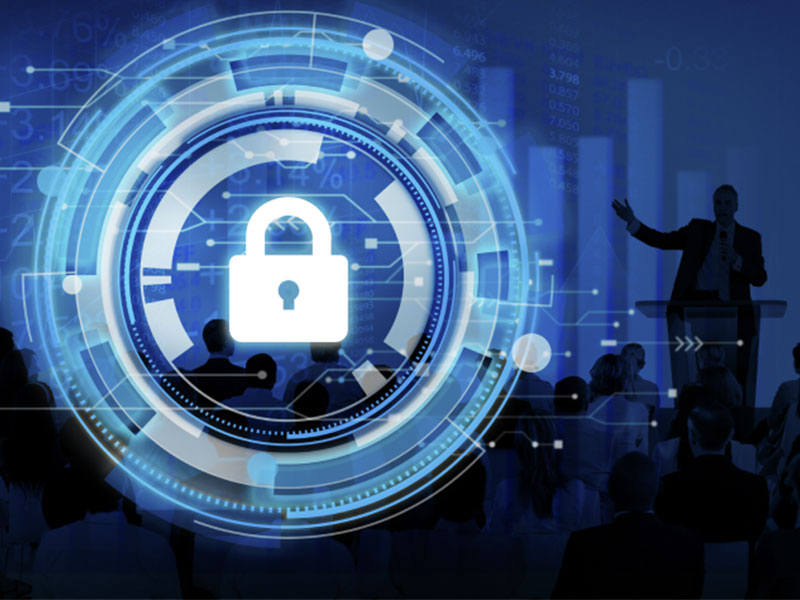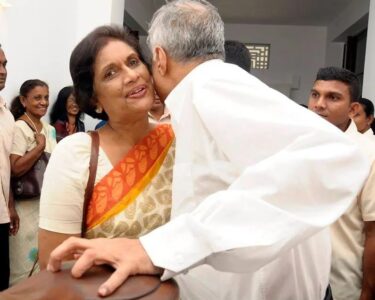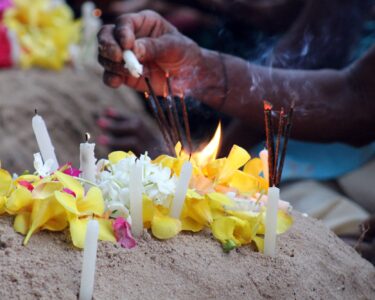The Sri Lankan government has introduced a new 101 hotline for victims of cybercrime to submit complaints, according to Minister of State for Technology Kanaka Herath. The hotline will be available 24 hours a day, 7 days a week and will be staffed by trained personnel who can assist victims with reporting their complaints and seeking support.
The introduction of the hotline is a welcome step towards addressing the growing problem of cybercrime in Sri Lanka. The country has experienced a surge in cybercrime incidents in recent years, including phishing scams, identity theft, credit card fraud, and ransomware attacks. These crimes have a significant impact on individuals, businesses, and the economy as a whole
In 2022, there were over 3,000 reported cybercrime cases in Sri Lanka, according to the Sri Lanka Police. However, the true number of incidents is likely much higher, as many cases go unreported. The rise in cybercrime is attributed to several factors, including the increasing use of the internet, the growing reliance on digital payments, the sophistication of hacking techniques, and a lack of cybersecurity awareness among individuals and businesses.
The new hotline is one of several measures that the Sri Lankan government is taking to combat cybercrime. The government is also strengthening its cybercrime laws, improving cybersecurity education, and enhancing cybersecurity infrastructure.
In addition to the hotline, the government is also planning to introduce an Online Safety Bill, which it says will tackle online crime. However, the proposed law has raised concerns among many due to its potential to stifle free speech and restrict online freedom. The government has defended the bill, saying that it is necessary to protect children and women from harmful online content.
The introduction of the 101 hotline is a positive step towards addressing the growing problem of cybercrime in Sri Lanka. However, the government needs to ensure that the Online Safety Bill does not infringe upon the freedom of expression and access to information that are essential for a democratic society.







